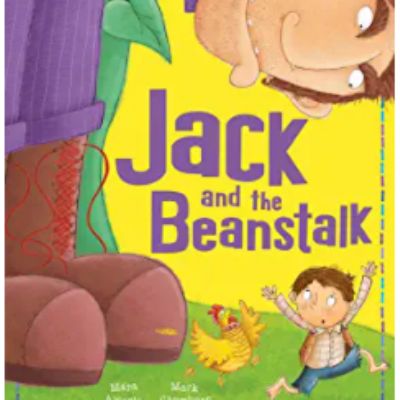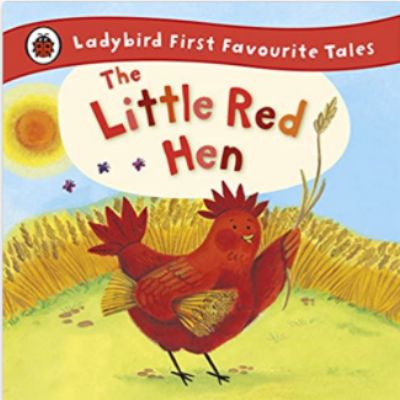Summer Term 5 (2025)
How Does Your Garden Grow?
This term we will begin by exploring the story of 'Jack and the Beanstalk.' The children will have the opportunity to plant their own seed and to talk about what they need to do to help the seed grow and to keep the plant healthy.
We will then spend time focusing on the story of 'The Little Red Hen.' The children will talk about feelings and emotions as they explore the behaviour of the different characters in the book. We have the exciting opportunity to bake our bread as we think about all the hard work that the Little Red Hen had to do to create the ingredients that we will use.
We will link both these stories to our needs and what we can do to keep ourselves healthy. Whilst thinking about the need to exercise, they will be able to use their imagination to travel in different ways, over, under and through objects in our class obstacle course. We will also be creating delicious fruit kebabs as we talk about why it is important to eat lots of different fruit and vegetables.
Development Matters for Term 5
The Development Matters from the prime areas that we will be focusing on are:
Communication, Language and Literacy
Understand a question or instruction that has two parts.
Can start a conversation with an adult or a friend and continue it for many turns.
Use talk to organise themselves and their play.
Personal, Social and Emotional Development
Help to find solutions to conflicts and rivalries.
Develop appropriate ways of being assertive.
Physical Development
Start to eat independently and learning how to use a knife and fork.
Make healthy choices about food, drink, activity and toothbrushing.
Use a comfortable grip with good control when holding pens and pencils.
Match their developing physical skills to tasks and activities in the setting. For example, they decide whether to crawl, walk or run across a plank, depending on its length or width.
The Development Matters for the Specific areas that we will be also be considering are:
Literacy
Spot and suggest rhymes.
Count or clap syllables in a word.
Recognise words with the same initial sound
Use some of their print and letter knowledge in their early writing.
Mathematics
|
Know that the last number reached when counting a small set of objects tells you how many there are in total (cardinal principle). Link numerals and amounts: for example, showing the right number of objects to match the numeral up to 5. Select shapes appropriately: flat surfaces for building, a triangular prism for a roof etc. Talk about and explore 2D and 3D shapes using informal and mathematical language: sides, corners, straight, flat, round. Make comparisons between objects relating to size, length, weight and capacity. Understanding the World Plant seeds and care for growing plants. Understand the key features of the life cycle of a plant and an animal. Expressive Arts and Design Begin to develop complex stories using small world equipment like animal sets, dolls and doll houses etc. Draw with increasing complexity and detail, such as representing a face with a circle and including details. Sing the pitch of a tone sung by another person (pitch match). Sing the melodic shape of familiar songs. |


